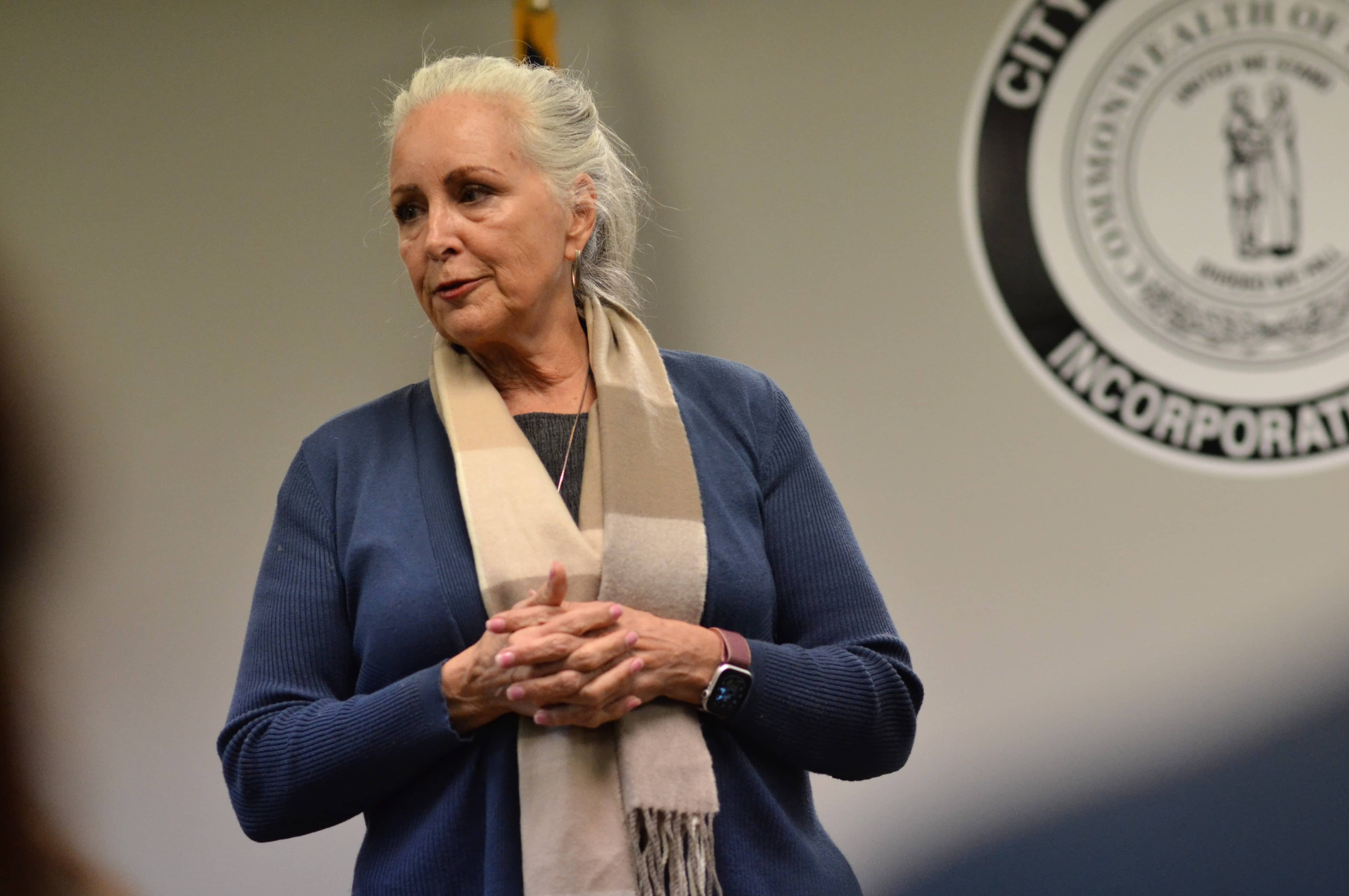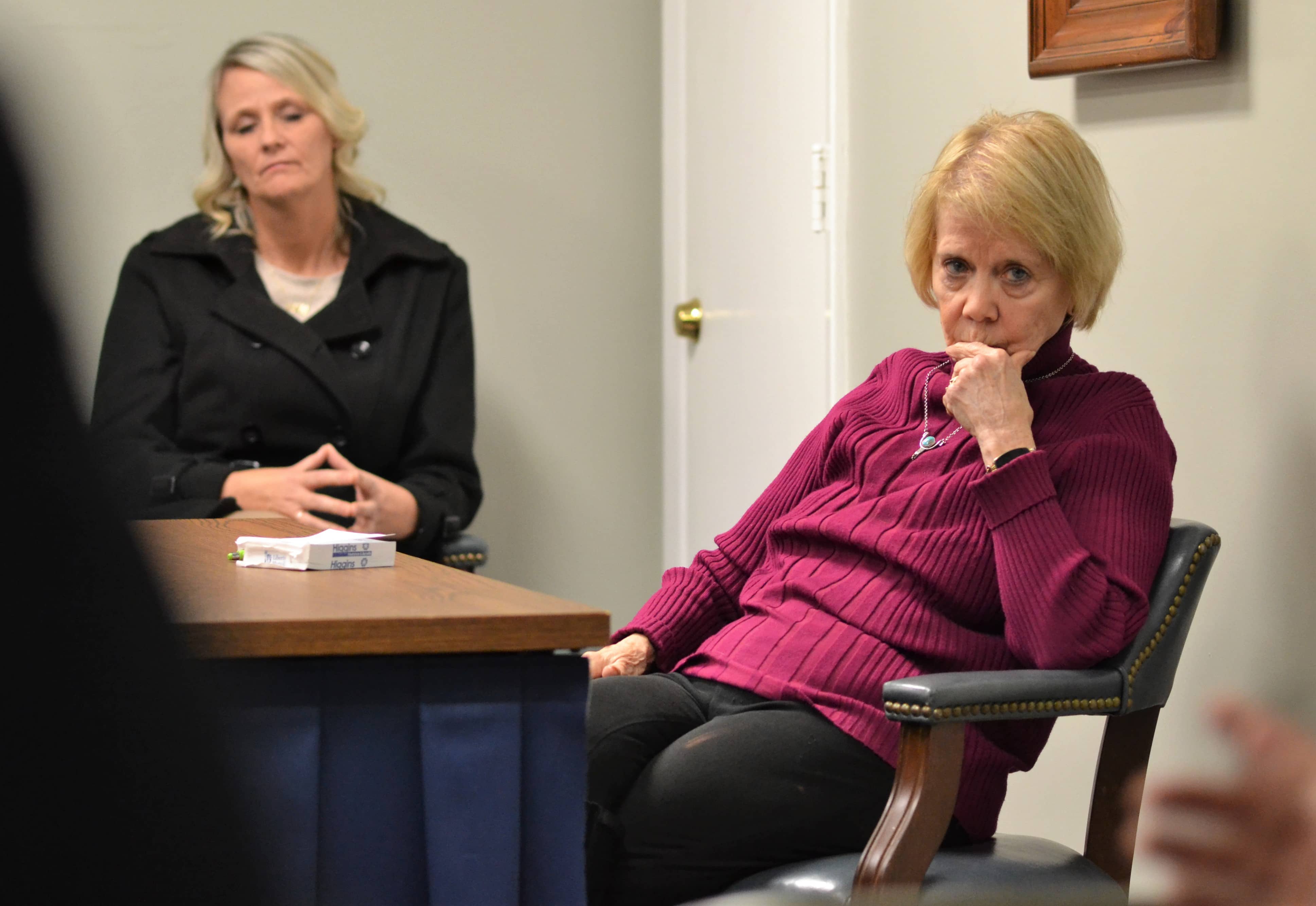
The December 10 and 11 tornadoes that spun up in northeast Arkansas and northwest Tennessee before rolling into west Kentucky did so much damage — and for so long — it’s almost hard to keep count the number of buildings, cities and livelihoods affected in the natural disaster.
Tuesday afternoon, Senator Rand Paul ended his second trip since those destructive storms with a stop in Pembroke — following earlier-in-the-day visits to Bremen and Eddyville.
And while Pembroke thankfully didn’t suffer the loss of life places like his home of Bowling Green, Bremen, Lyon County, Marshall County, Mayfield and Princeton did, southern Christian County was considerably battered — particularly along I-24 and near its city limits.
Paul wanted to see the damage first-hand, and offer knowledge and support to those looking for answers from FEMA and other entities about what’s next in the recovery process.
The toughest part about FEMA, Paul said, is the rejection process — which often leaves people unsure of what to do.
Paul noted SBA loans can fill in the blanks, as well, while appealing FEMA’s decisions can be a good step — which often just requires additional information about damages, including identity verification, home occupancy confirmation, proof of ownership, or if the property is deemed functional, habitable, sanitary and safe.

In his Tuesday visit, though, Paul noted that people need to target private organizations for specific help — mainly because it will be quicker than federal assistance — and that he’s been warmed by Kentucky’s response to help one another.
Pembroke Mayor Judy Peterson said she was glad west Kentucky, and particularly her city of nearly 1,100 people, hadn’t been forgotten in this aftermath.
Peterson noted cleanup continues for the city of Pembroke, and that many of her residents still need help — especially with the FEMA application process.
Christian County Magistrate Phillip Peterson made it even clearer: if someone walks into Pembroke City Hall, chances are they need face-to-face help — not help through a cell phone or a computer.







